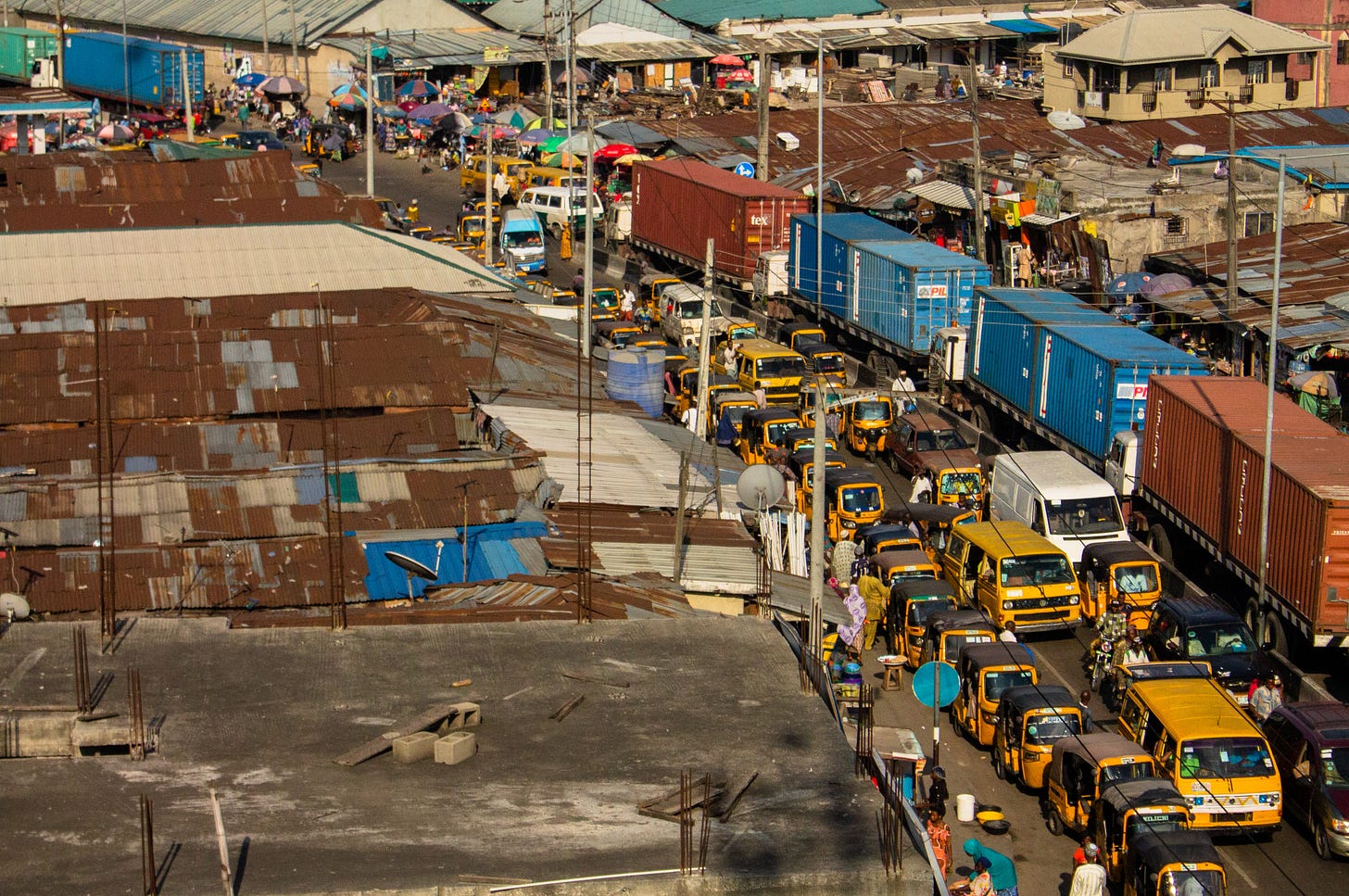Back to the queues
What's causing Nigeria's fuel scarcities?
If you missed Friday’s newsletter, catch up here.
The Notadeepdive newsletter is brought to you by Fincra and SweepSouth. Fincra provides reliable payment solutions for fintechs, online platforms and global businesses. SweepSouth Nigeria keeps your house super clean while you put your feet up, and at prices that don’t hurt your wallet; if you ask me nicely in the comment section, I’ll send you a code to get 30% off!
Today’s newsletter is 628 words. Sign up here:
TOGETHER WITH FINCRA
Fincra provides easy-to-integrate APIs developed and designed to launch seamless and reliable global payment solutions. With Fincra’s customisable APIs, developers can build quick financial applications; online platforms and fintechs can integrate seamless payment flows into their web and mobile applications with complete SDKs.
Fincra has designed its API infrastructure for developers that build platforms that send and receive frequent payments and require flexibility.
Ready to build the best payment solutions?
Two weeks ago, a major fuel scarcity hit major cities in Nigeria, throwing already unplanned cities into more chaos. The fuel scarcity coincided with a time I had to commute to the Ibeju Lekki axis of Lagos, and on one of those days, I spent 10.5 hours in traffic—it was brutal. It had me wondering how many man-hours Nigerians spend in fuel queues and fuel scarcity-induced gridlocks in the last seven years. So imagine my surprise yesterday when I saw the beginnings of yet another fuel scarcity; queues are already starting to build up at fuel stations around Lagos. My friends in Abuja tell me that the scarcity never even ended in Abuja.
What’s the situation? We’ve covered a lot of it in previous newsletters; but a dry answer is that as global oil prices continue to rise, Nigeria, which doesn’t refine its own oil locally, has to pay more to import refined crude products. While subsidy is a familiar demon, many people are not familiar with a related demon called “bridging costs.” When petrol is shipped into Nigeria, there’s still the cost of transporting it to other states in Nigeria– this additional cost is also subsidised by the government.
Oil marketers claim that the government has not paid bridging costs in 12 months which comes to just a bit above N74 billion. The long and short is that we’re now bracing up for another couple of weeks of fuel scarcity–brace up people! While that is going on, OPEC has approved a quota increase for Nigeria’s oil production. Remember how we said in last Sunday’s newsletter that Nigeria’s oil production has fallen to its lowest levels in 20 years? Here’s what I wrote last weekend:
“Our oil output for May 2022 stood at 1.5 million barrels per day, the lowest oil production level in 15 years. Oil thieves–it feels more honest to call them stakeholders at this rate–now have the full run of the yard, and Nigeria is now losing more oil than ever to them. Speaking of, I haven’t heard Tony Elumelu’s voice in a minute, someone check on that man.”
How much did Nigeria lose to our oil “stakeholders” in Q1 2022? $1 billion thanks to the fact that oil thieves are stealing oil from pipelines owned by oil majors. Per Reuters, "This indicates that over nine million barrels of oil was lost to crude oil theft ... this amounts to a loss in government revenue of about $1 billion ... in just one quarter." Basically, 108k barrels of oil are stolen every day. Make of that what you will.
Bottom line: As oil revenues continue to stall and oil thieves have a field day, it will mean reduced revenue for the state governments to share. Draw a straight line from there to states owing salaries and not being able to pay pensions.
TOGETHER WITH SWEEPSOUTH
Your most annoying chore = Our favorite pastime.
Let's face it, cleaning can get really annoying really quickly. Especially when you have a ton of other tasks vying for your attention. The good news is, with as little as N3,400 weekly, you get someone who enjoys cleaning to do it for you!
SweepSouth has thoroughly vetted, reliable and excellent SweepStars to keep your space clean throughout the week.
Book a SweepStar to handle your most annoying house chores this week
Away from the Nigerian economy, I’ve always been sceptical of Agriculture meeting technology in Africa. My scepticism is rooted in the fact that some 60% of Nigerians are already in some sort of smallholder farming; it doesn’t feel like the sort of situation that technology can immediately solve.
But in Zambia, a new startup, HRVST, has launched a digital farmers market to connect consumers and restaurants directly to local farmers, increasing access to fresh produce while also expanding the market for local farmers. It uses an app to make this possible.
Most of why this caught my attention is that, apart from the absence of large-scale agriculture, Nigeria’s agro problem is also largely about supply chain issues. We still have a hard time transporting farm produce to the marketplace and for perishables, preventing spoilage remains unsolved. I’ll keep an eye on HRVST’s execution; I suspect there’s something here!
See you next week!





